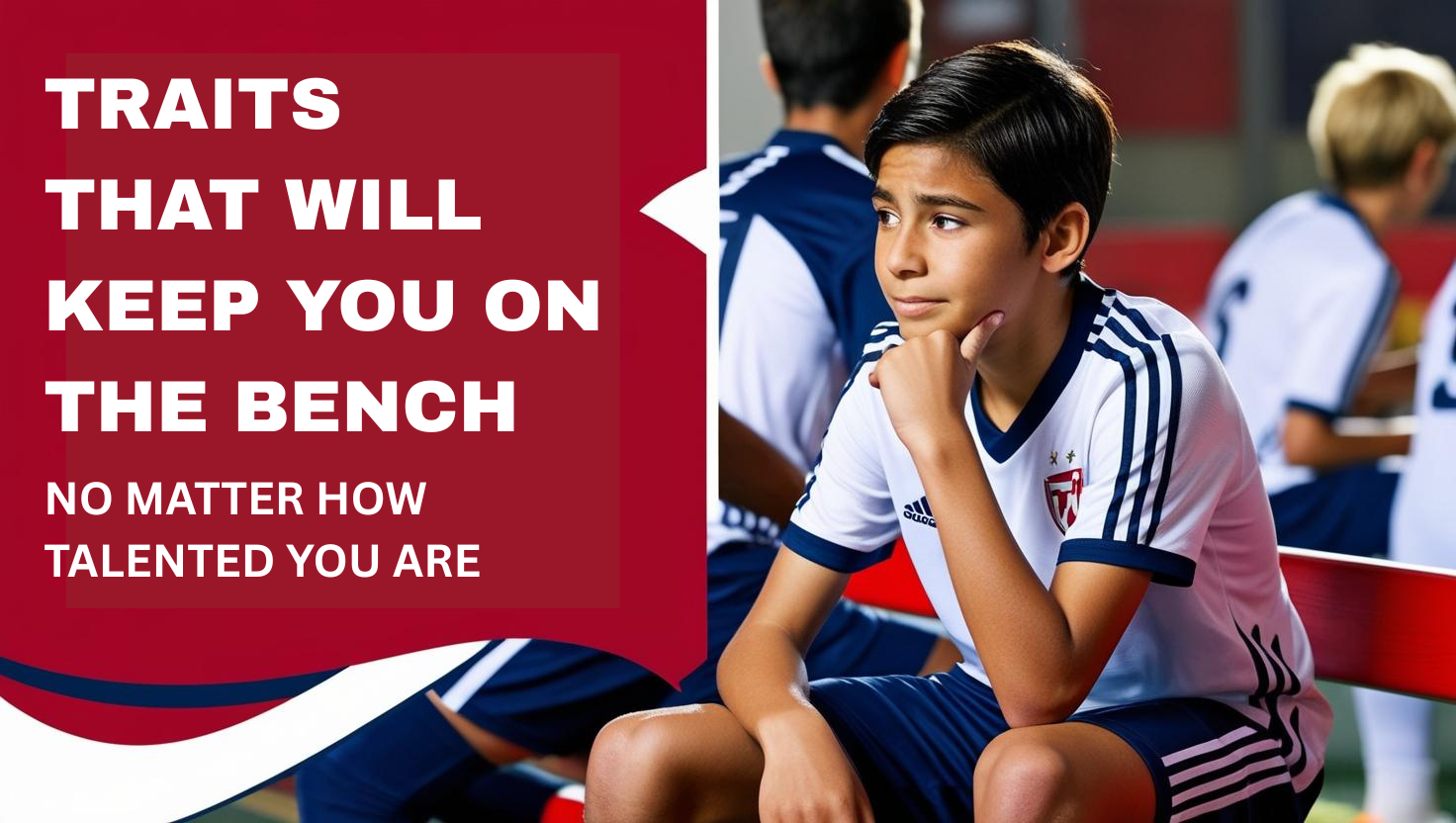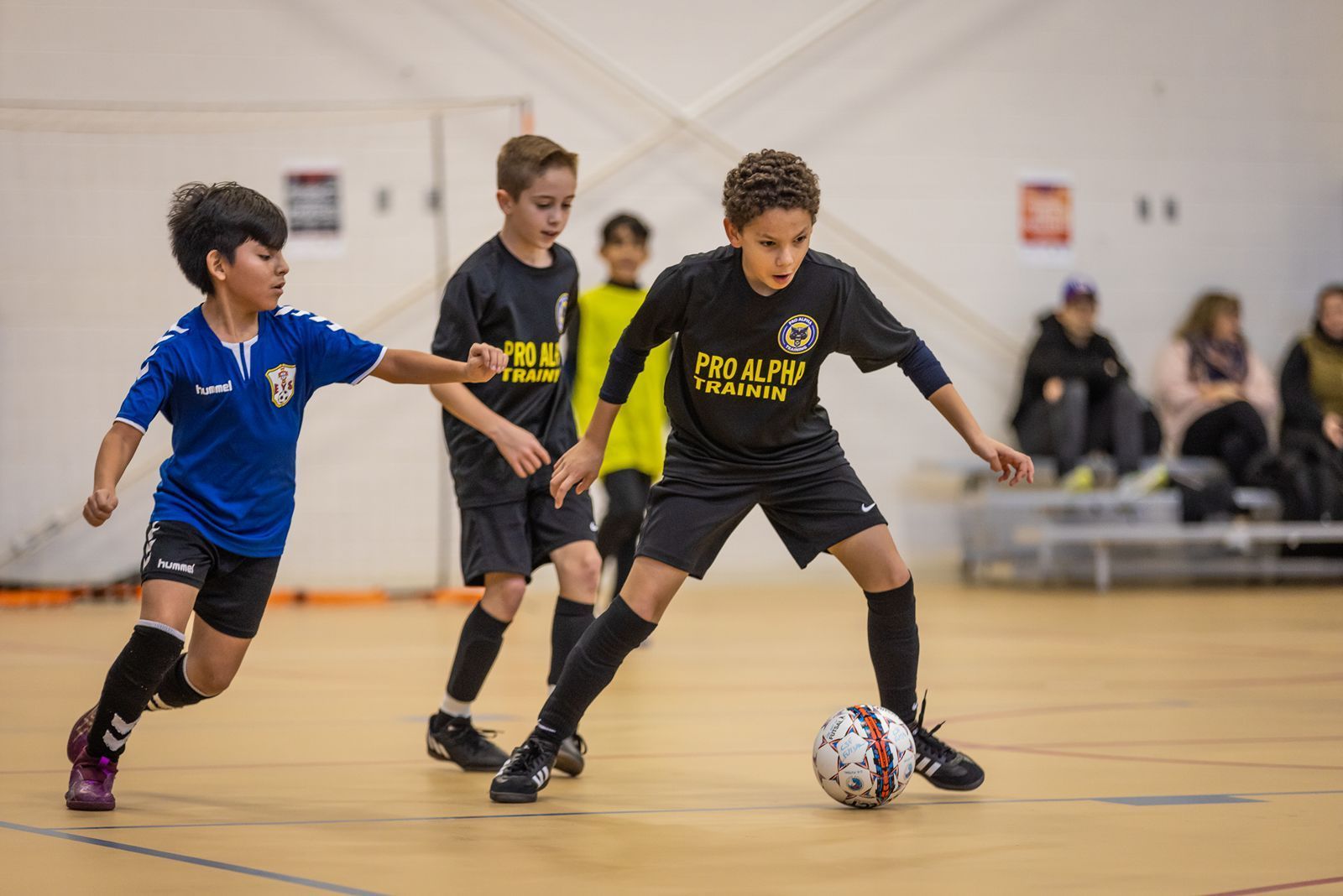Futsal: The Sport That Stands Alone
Futsal: The Sport That Stands Alone

In recent years, a peculiar debate has arisen among sports enthusiasts: is futsal just a watered-down version of soccer? Some critics, especially those who have never played futsal, dismiss it as not being "real" soccer. Here’s a newsflash: futsal is not soccer, nor does it try to be. Futsal is a unique sport with its own laws, methodologies, and identity, which happens to share similarities with soccer. However, its value extends far beyond being just a variant of the outdoor game.
Let’s delve into why futsal deserves respect as a standalone sport and how it can serve as a powerful development tool for soccer players when trained correctly.
1. Unique Laws of the Game
Futsal has its own set of rules that differentiate it from soccer. The game is played on a smaller, hard court without the use of walls, and it requires a different approach in terms of tactics and skills. For instance, there are no offsides in futsal, and the ball is smaller and less bouncy, which encourages players to develop better ball control and precision. The absence of throw-ins (replaced by kick-ins) and the smaller goal size also change the dynamics significantly, emphasizing quick thinking and sharp reflexes.
2. Distinct Methodology and Tactical Approach
Futsal is not just soccer played in a smaller space; it has its own methodology that emphasizes different skills. The tight space and fast pace demand quick decision-making, agility, and technical finesse. Players are constantly involved in the action, which helps develop their awareness and reaction time. The tactical approach in futsal focuses heavily on rotation, positional play, and the ability to think several steps ahead—skills that are crucial but less emphasized in traditional soccer.
3. An Independent Sport with a Unique Identity
Futsal has a rich history and culture that is entirely its own. Originating from South America, particularly Brazil and Uruguay, futsal has become a global sport with its own world championships and professional leagues. It’s a sport that demands respect for its distinct identity, just as basketball or handball does, even though they share a court with other sports.
4. Futsal as a Development Tool for Soccer
While futsal is a standalone sport, it can be an excellent development tool for soccer players, provided they are trained by a futsal-specific coach. Such a coach understands the nuances of futsal and knows how to apply its principles to soccer. For instance, futsal players typically develop superior close control, quick passing, and the ability to operate in tight spaces—skills that are invaluable in soccer, especially in high-pressure situations.
5. The Need for a Futsal-Specific Curriculum
To truly benefit from futsal training, soccer players must follow a futsal-specific curriculum. This means training sessions should not just mimic soccer drills in a smaller space but should focus on futsal’s unique aspects, such as ball control under pressure, rapid transitions, and maintaining possession in confined areas. A well-designed futsal curriculum enhances these skills and makes the transition to soccer smoother and more effective.
6. Integration of Futsal Principles into Soccer
Understanding how to integrate futsal principles into soccer is key to improving a player’s performance on the larger field. For instance, the rotational movement and positional interchange common in futsal can be adapted to soccer to create more fluid and dynamic attacking plays. Coaches who understand both sports can teach players how to use the quick decision-making and spatial awareness gained from futsal to excel in soccer.
7. Enhancing Creativity and Confidence
One of the most significant benefits of futsal is its ability to enhance a player’s creativity and confidence on the ball. The limited space and constant pressure force players to think outside the box and invent new ways to beat opponents. This creativity translates well to soccer, where players who have grown up playing futsal often demonstrate more flair and ingenuity on the field.
8. Improved Defensive Skills
Defending in futsal requires anticipation, quick reflexes, and excellent positioning due to the rapid pace and close quarters of the game. These defensive skills are highly transferable to soccer, particularly in one-on-one situations and in pressing opponents. A player trained in futsal is often better equipped to read the game and react quickly to emerging threats in soccer.
9. Conditioning and Stamina
Futsal’s high-intensity nature improves a player’s conditioning and stamina, making them more resilient athletes. The short sprints, rapid direction changes, and constant involvement in the game build endurance and agility. These physical attributes are crucial for soccer players, who need to maintain high levels of performance over 90 minutes.
10. Creating Versatile Players
Futsal encourages the development of well-rounded players who are comfortable in multiple positions. Due to the small team size, players in futsal must be adaptable, often playing in both defensive and offensive roles during a game. This versatility is a significant asset in soccer, where tactical flexibility is increasingly valued.
Futsal is not just a miniaturized version of soccer—it’s a distinct sport with its own set of rules, culture, and training methodologies. For those who dismiss it as “not real soccer,” it’s essential to recognize futsal’s independent identity and its substantial benefits for player development. When coached by someone who understands the nuances of futsal, players can translate the skills and principles they’ve learned into their soccer game, becoming more skilled, confident, and versatile athletes. Rather than dismissing futsal, it’s time to celebrate it for what it is: a powerful, standalone sport that also happens to be one of the best tools for developing top-tier.
Contributed By:
Niko Alexopoulos










